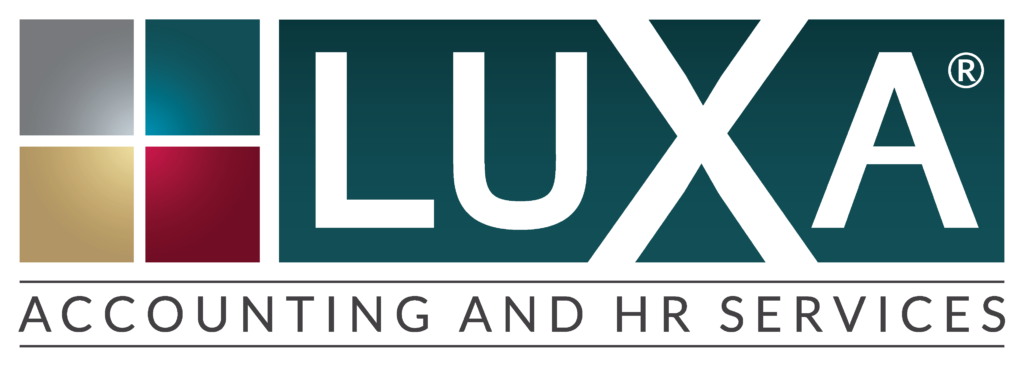Knowing this about calculating payroll taxes could save you big time
Businesses cannot afford to miss paying payroll taxes – even though there are many that take the risk every day. The one creditor you think you can afford putting off is not the IRS. Additionally, calculating payroll taxes is time intensive and adds to the temptation of putting it off. Just ask Bert Martinez who wrote a testimonial case study on his own business. Read the full article here. Often times, some businesses have someone in-house who takes the task over. If that’s the case, it’s probably money well spent but in the end it’s a task that requires precision and your supervision.
Taking care of your payroll taxes is serious business and there are many mistakes business owners can make without realizing the penalties. These are 2 of the biggest mistakes we see that are completely avoidable when calculating payroll taxes.
1. Misclassifying workers
“Perhaps the hottest audit issue today is misclassifying workers. There’s incentive to treat workers as independent contractors rather than employees because payroll taxes and employee benefit costs are high; a company’s only tax responsibility for an independent is issuing a Form 1099-MISC if payments in the year are $600 or more.”
2. Not using an accountable plan for employee reimbursements
“If you normally pay for travel, entertainment, tools or other business costs for employees, you’re wasting employment tax dollars if you don’t use an accountable plan. With this arrangement, you deduct the expenses but avoid all payroll taxes on reimbursements; employees do not have any income from reimbursements. To be an accountable plan, the employer must formalize the arrangement and set reasonable times for action (the following times are reasonable to the IRS but you can adopt shorter time limits for action): • The reimbursable expense must be business related. • Advances cannot be made before 30 days of the expense. • Employees must account for the expenses within 60 days of the expense. • Employees must return excess reimbursements to the employer within 120 days of the expense.”
*Taken from http://www.sba.gov/blogs/5-payroll-tax-mistakes-avoid
Additional payroll resources:
Before you roll up your sleeves and call in for take-out at the office because “it’s going to be another late night at the office”, consider calling a competent payroll provider that could leverage the time you need to spend with family and your business.
Don’t let your time get manipulated over calculating payroll taxes for your company. There are specialists who love doing this and are good at it. Request a consultation.
Do you have a question about payroll taxes? Feel free to add it to this post! We will respond!
Kat%20Northern Lights Man” target=”_blank”>Photo Credit



